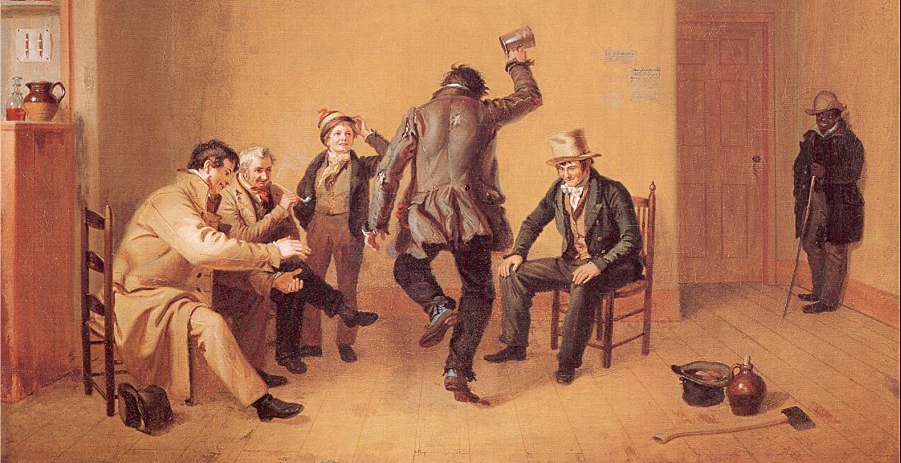Romans 1:1-4 (NKJV)
1 Paul, a bondservant of Jesus Christ, called to be an apostle, separated to the gospel of God 2 which He promised before through His prophets in the Holy Scriptures, 3 concerning His Son Jesus Christ our Lord, who was born of the seed of David according to the flesh, 4 and declared to be the Son of God with power according to the Spirit of holiness, by the resurrection from the dead.
Today is Easter – the most significant of the various holy days in the Church calendar. More pivotal than Christmas, more central than Pentecost, more crucial than Epiphany – Easter celebrates the most transformative event in all human history. Because of the resurrection, we have the Gospel. Because of the resurrection, we have cathedrals. Because of the resurrection, we have new life, forgiveness, and peace with God – all because of the resurrection of Christ on this day.
It is this transformation that Paul highlights in the introduction to his letter to the Romans. After assuring us that Christ’s coming was proclaimed beforehand by the prophets and that he came as was foretold from David’s seed, Paul goes on to declare that Jesus was declared to be the Son of God with power by the resurrection of the dead. So what does he mean by this clause?
Many have supposed that Paul is describing Christ’s twofold nature: according to his human nature he was of the seed of David but he was also the Son of God. However, the text does not support this idea. For how could Jesus’ status as the eternal Son of God change as a result of the resurrection? He has and ever will be the only Begotten of the Father, full of grace and truth. This is not what Paul is addressing.
Rather, he is describing the change that occurred in Jesus’ status as a result of the resurrection. Jesus was born of the seed of David – in other words, He had the natural right to rule as God’s King. But simply having the natural right to rule does not establish that one does in fact rule. Bonnie Prince Charlie may have had a rightful claim (de iure) to the throne of England; but a rightful claim to the throne does not make one king de facto. So Paul insists that Jesus was not only born of David’s seed – not only did He have a rightful claim to the throne of His father David – by His resurrection from the dead He was declared to be the Son of God with power, authority. In other words, in the resurrection Jesus was crowned as God’s Son, His Messianic, Davidic King. Jesus not only has a lawful claim to the throne, He is now seated upon His throne, ruling with power as King.
So what is the significance of Easter? On this day we celebrate the coronation of our King. Nearly two thousand years ago Jesus was crowned King of the Universe, the blessed and only Potentate, the King of kings and Lord of lords. All authority in heaven and on earth has been given to Him and this includes, because He has conquered death, authority over death itself. He has the keys of death and hell. He opens and no one shuts; He shuts and no one opens. So death is conquered; death is destroyed. Christ is risen and all those who trust in Him shall arise as well. We can say to death, “O death, where is your sting? O grave, where is your victory? Thanks be to God who gives us the victory in Christ Jesus our Lord!”
Is this not good news? Brethren, Christ is risen! (He is risen indeed!) Let us shout Alleluia! (Alleluia!) So give heed to the exhortation in Psalm 2, the coronation psalm of our King:
10Now therefore, be wise, O kings; Be instructed, you judges of the earth. 11Serve the Lord with fear, And rejoice with trembling. 12Kiss the Son, lest He be angry, And you perish in the way, When His wrath is kindled but a little. Blessed are all those who put their trust in Him.
And so reminded that Jesus is Lord of all and that we are to serve Him with fear and rejoice before Him with trembling, let us join together in confessing our sins against Him, our disloyalty to Him as a people. As you are able, please kneel before your King.

